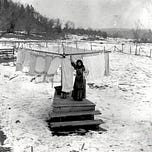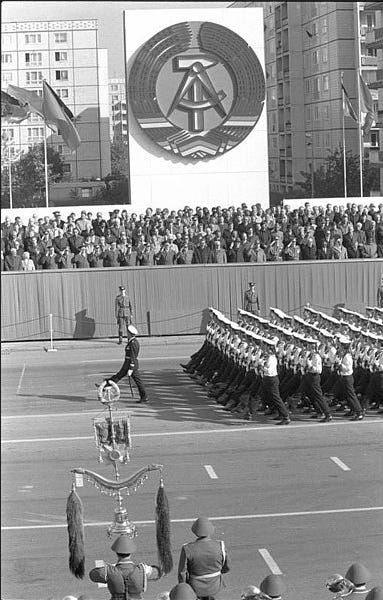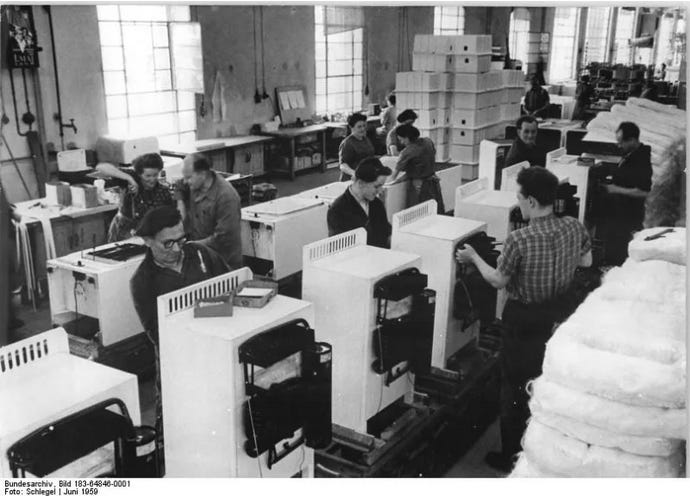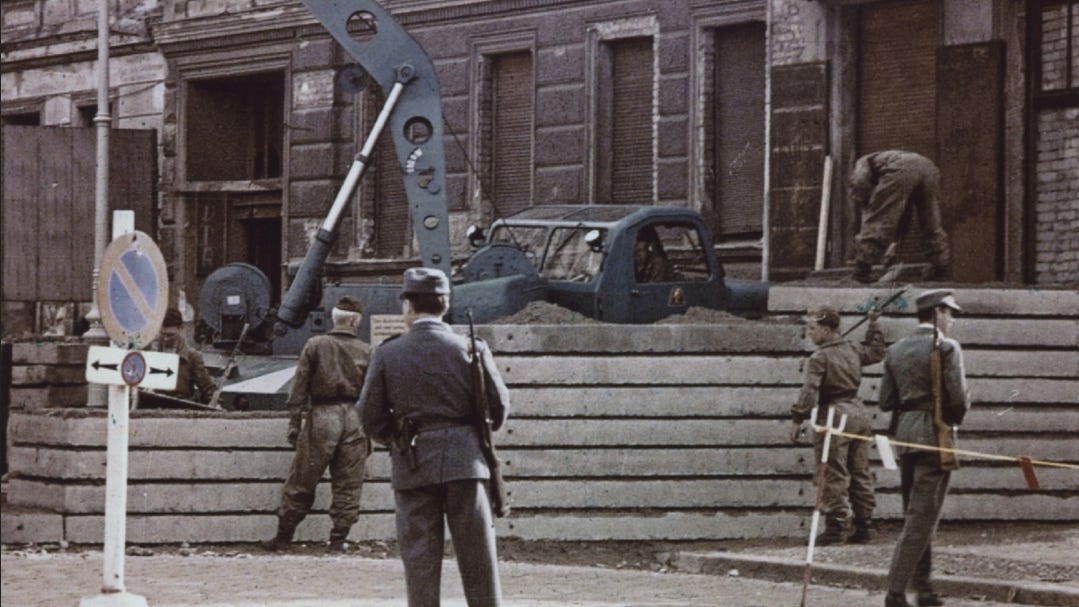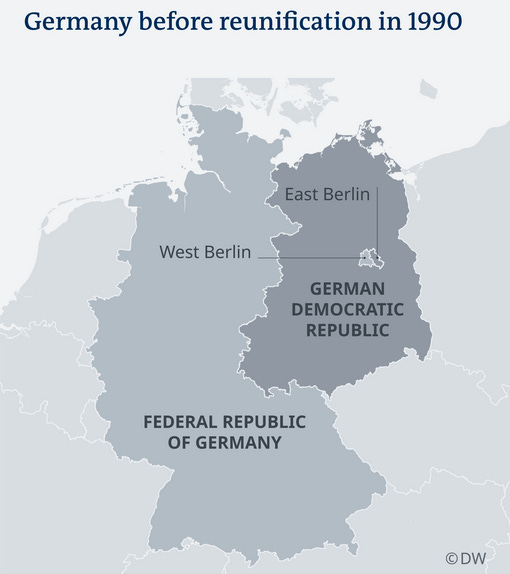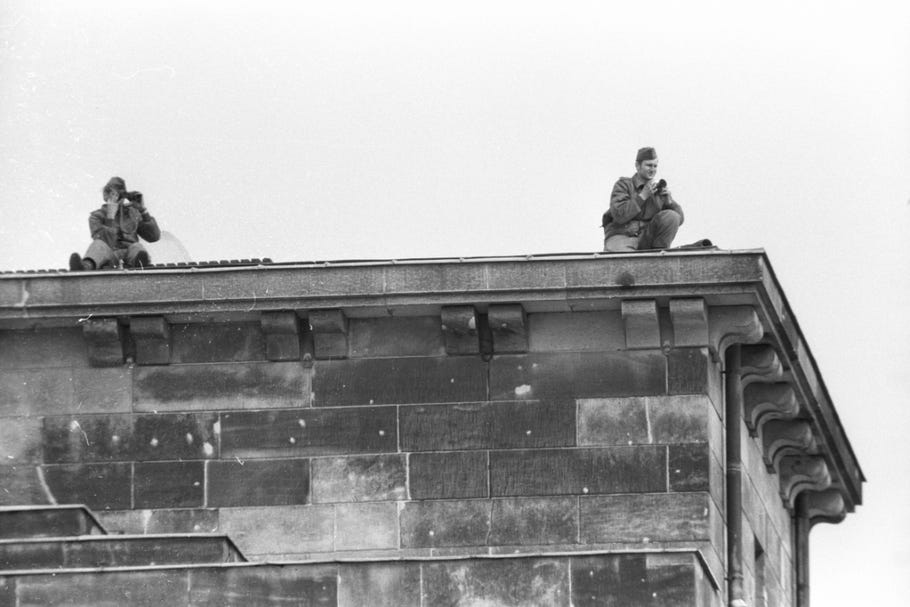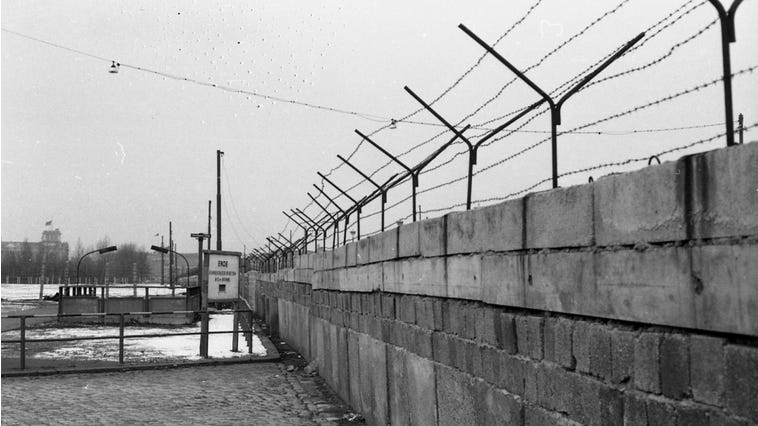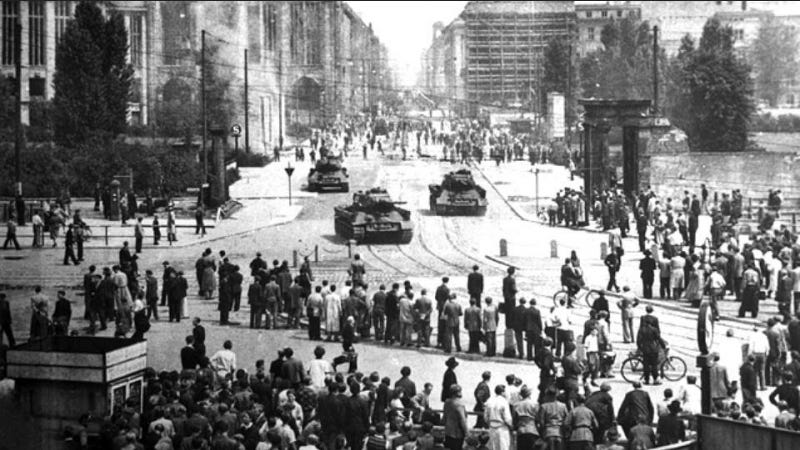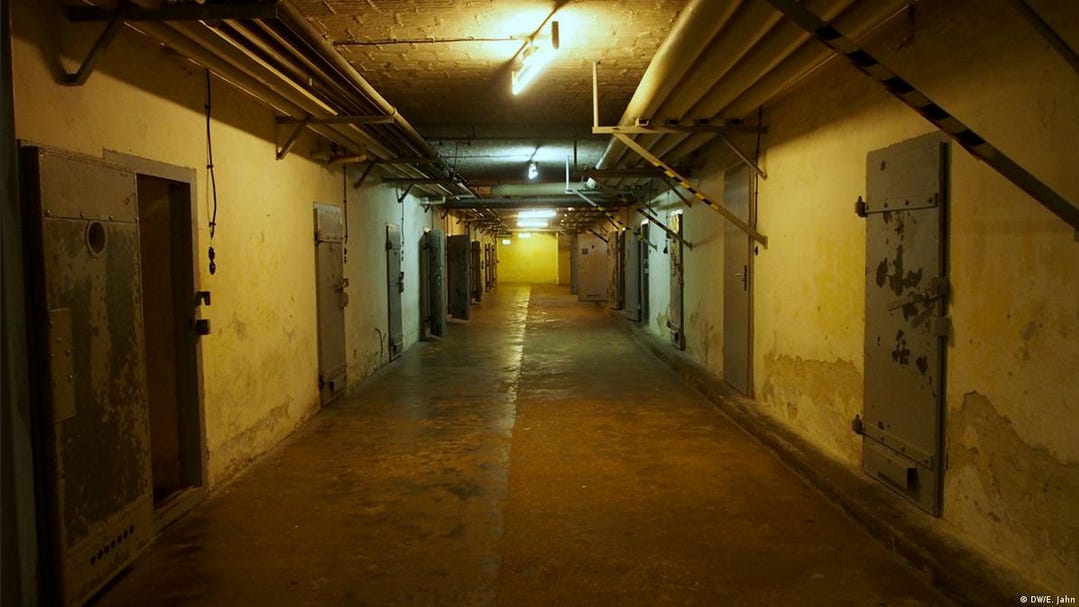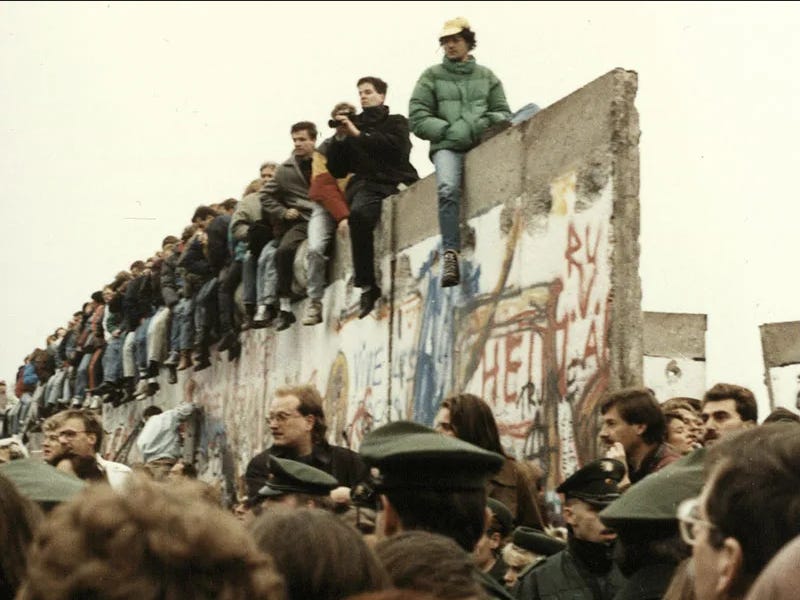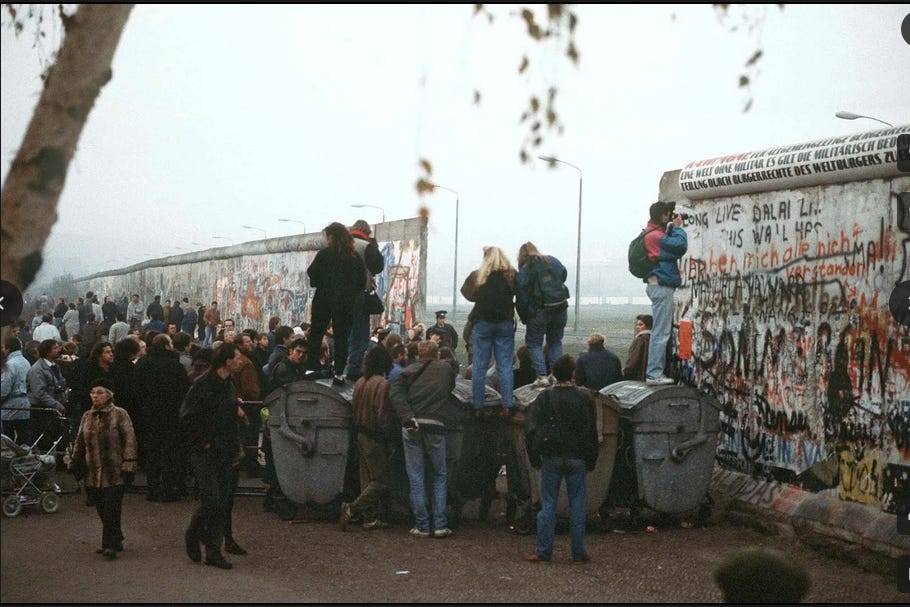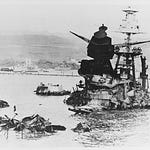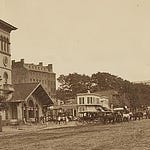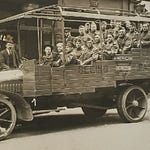a dirty business
It is a practice as old as time.
Trade what you have to get what you want.
And East Germany, a communist dictatorship under the control of the Soviet Union, wanted so much after the war.
Its economy was in the tank.
A mass exodus of East Germany’s population, including its highly educated professionals and skilled craftsmen, had begun in the late 1940s which would deplete the country, eventually, of four million talented people.
The Soviets had seized East German manufactured goods and raw materials as war reparations.
East German industries had been nationalized.
They were barred from trading in lucrative Western markets and could sell only to other countries within the Soviet bloc for predetermined prices.
Meanwhile, the East German government had devoted its limited resources to ramping up industrial production and rebuilding war-damaged infrastructure, short-changing the consumer sector.
There was a severe housing shortage.
Market shelves were often empty.
The East German people wanted coffee, butter, some fruit.
Farmers needed potash fertilizer for their fields.
And the government wanted convertible currency to buy Western imports.
But the one thing that East Germany had in abundance was political prisoners; and the West German government, its coffers full, wanted many of them.
Some of these prisoners were unlucky East Germans who had been captured during botched escape attempts.
Others were West German activists whose cross-border escape networks had been discovered.
Those the West sought most desperately were the children in East German orphanages, child homes and with relatives — thought to number two thousand — whose parents had fled to the West but, for reasons often painful, had not brought them along.
From a former East German, Daniela Walther, who was ransomed and brought West as a child:
"My father told us where to go, where we would try to cross [the border], and we waited for him in…somebody's shed.
“I remember my mother agonizing and telling me to be quiet.
“I felt afraid.
"He went ahead and called for my mother to follow, but she froze — she didn't have the courage [to cross the border].
“I remember standing next to her, listening to my dad calling.
“[And then the East German guards] came out of the darkness and arrested my father.
“They took him away - I didn't see him for another eight years.
“I found myself at a police station on my own."
So, with great incentive on both sides, the East and West made secret deals, facilitated by church leaders, lawyers and government officials on both sides of the Berlin Wall.
During the twenty-seven years that preceded the falling of the Wall, almost 34,000 East German prisoners were ransomed to the West.
Another 250,000 people in East Germany, often prisoners’ relatives, received visas ‘bought’ by the West which allowed them to emigrate.
In return, East Germany received cash, goods and trade credits.
The first exchange on Christmas Day 1962 was small, but meaningful, when twenty East German prisoners and twenty children were released to West Germany in return for three rail cars of potash fertilizer.
A large exchange made headlines in 1966 when 2,600 political prisoners were freed for a price of $10,000 each.
East Germany characterized these payments as ‘damages’ for the harm the prisoners were alleged to have done in East Germany and as ‘compensation’ to the East German state for the cost of their education as youths.
And the West German government went along with the charade.
Neither government benefited from harsh scrutiny of the ransom transactions.
East Germany wanted to avoid appearing weak and West Germany wanted to avoid allegations that it was propping up the Communists.
In 1968, a ransom payment freed Daniela Walther’s father after eight years in prison.
He had been tortured and deprived of sunlight and his health had been broken.
The next year, West Germany paid 100,000 Deutschmarks to obtain the release of Walther and her mother.
"[When we were released] my father was waiting for us on the other side.
“I didn't recognize him, which was very painful for him.
“He was crying."
West Germany halted prisoner ransom negotiations from time to time, worried that the payments encouraged East Germany to kidnap Westerners for extortion; and there were occasional claims made that some East German officials were skimming the ransom payments.
But little fraud was ever proved.
No one dared to dig too deeply.
The ransom transactions continued until the political winds changed in 1989, and the East German prisons were opened up in anticipation of the fall of the Wall.
All in all, it was a dirty business.
******************************
I’ll see you on Monday.
— Brenda
Banner image: an East German border guard peers over the Wall into West Berlin.


